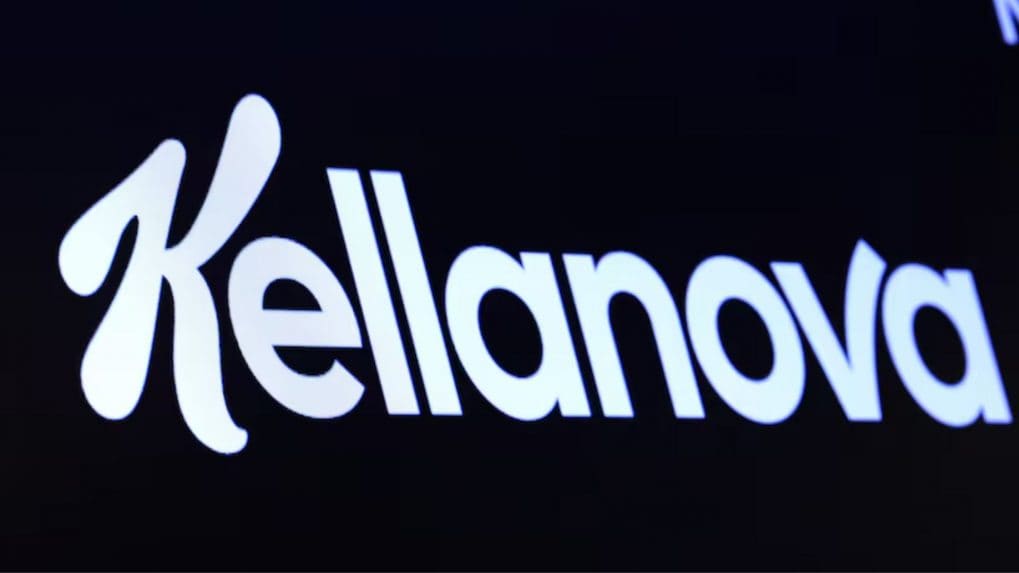Digital
Why OpenAI is hiring 100 ex-bankers: Inside the ChatGPT-maker's secret project to automate Wall Street's grunt work

Candy and snacks giant Mars is poised to clear a key regulatory hurdle in its proposed $36 billion acquisition of Pringles-maker Kellanova, with the European Union expected to grant unconditional antitrust approval, according to media reports.
The deal, which would bring popular brands such as M&Ms, Snickers, Whiskas cat food, Pringles, Pop-Tarts, and Kellogg’s cereals under one roof, has already secured approval from U.S. authorities without any conditions.
The European Commission, which initially raised concerns in June that the merger could result in price increases and bolster Mars’ negotiating power with retailers, has reportedly found insufficient legal grounds to demand concessions.
Earlier this year, the European Union launched a full-scale antitrust investigation into the deal, citing potential risks to consumer welfare. However, the latest developments suggest the Commission may now allow the merger to proceed without restrictions.
In contrast, the U.S. Federal Trade Commission (FTC) had concluded its review swiftly, announcing early termination and stating the deal did not violate antitrust laws.
"Once we've concluded there is not a [violation], our job is to get out of the way," said Daniel Guarnera, Director of the FTC's Bureau of Competition, in a media report.
Mars welcomed the FTC decision and confirmed that all regulatory approvals except the EU’s have been secured. The company expects to complete the transaction by the end of 2025.
Kellanova, which split from Kellogg Company in 2023, has not publicly commented on the U.S. approval, reports added.
Read More: Mars to invest USD 1.8 bn in EU operations
In a wide-ranging interview with Storyboard18, Sorrell delivers his frankest assessment yet of how the deal will redefine creativity, media, and talent across markets.